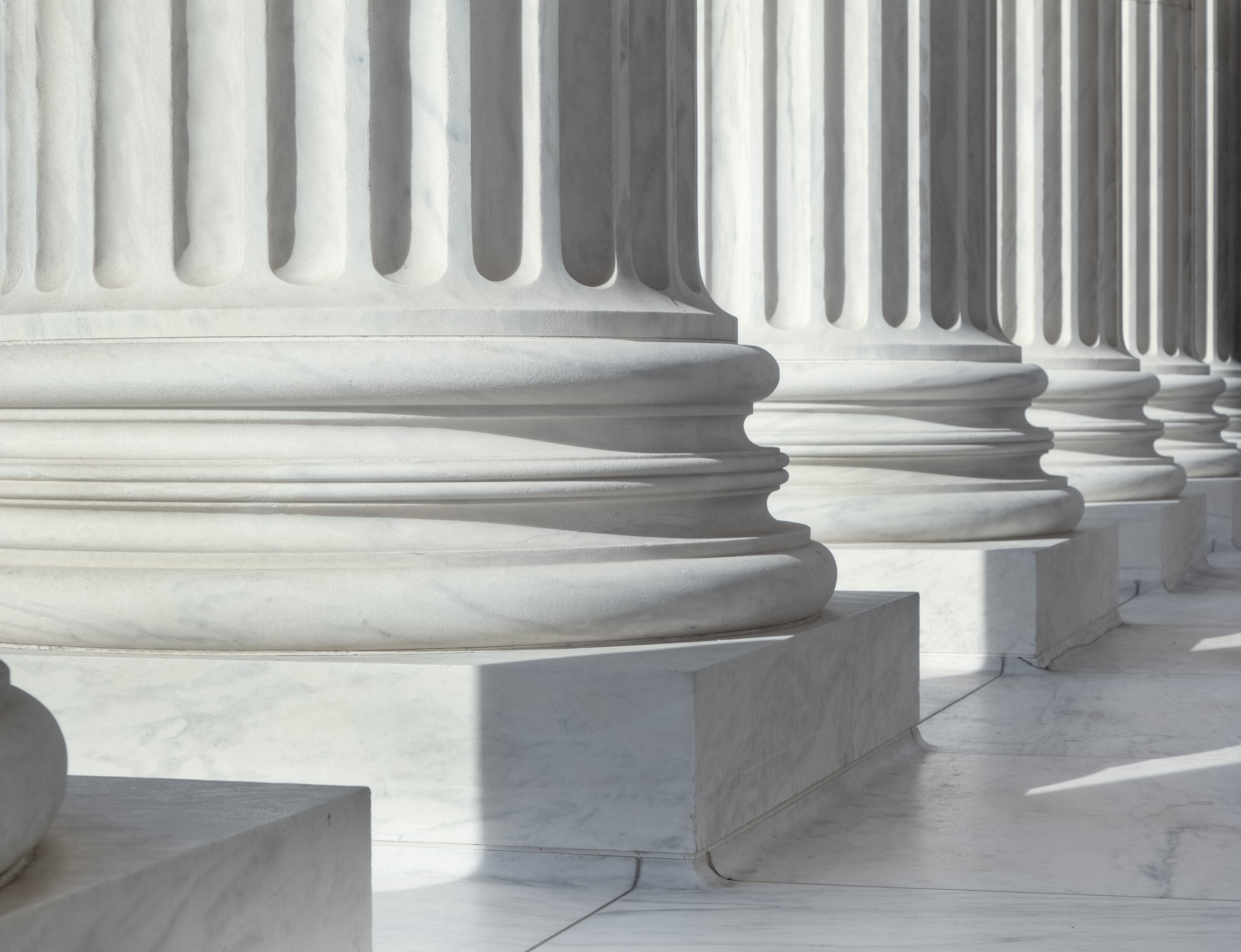Washington Post: CFPB’s Math Doesn’t Add Up

Washington Post FactChecker Glenn Kessler today published a columndebunking claims made by Consumer Financial Protection Bureau (CFPB) Director Rohit Chopra and President Joe Biden that consumers would save $9 billion as a result of a new proposal that would arbitrarily and uniformly reduce credit card late fees to $8.
What the FactChecker is saying: Kessler found several inconsistencies with the Administration’s messages, noting:
- “The $9 billion figure is fuzzy.” “Where does the $9 billion come from? The CFPB applied the 75 percent reduction to a 2022 CFPB estimate that credit card issuers earned $12 billion in late fees in 2020. This estimate was based on aggregate data derived from Y-14 filings. In other words, the agency applied calculations from a different data set to come up with the figure cited by the president. That’s not exactly kosher.”
- “The $8 fee may not cover bank expenses.” “The CFPB says that an $8 late fee would cover all bank expenses related to collecting debts and thus for many banks anything above that level is unnecessary profit. The CFPB calculated that figure in part by excluding from its calculations any expenses after the lender determined the bill is unlikely to be collected and classified it as a loss on its financial statements, generally after 180 days. (This is known as post charge-off collections cost.) The CFPB decided that loss rates are built into the price of credit. The CFPB assumed that banks mostly hire third-party debt collectors, so the CFPB relied on data on what six major card issuers paid in 2019 and 2020 to third-party debt collectors, who are paid a commission. But banks also have in-house debt collection staff who may still work on a case even after the outside firm is contracted. Banks also have general overhead and personnel expenses, such as support services from other parts of the bank, and invest in products (such as consumer payment alerts) that could add to the cost of deterring late payment fees. The CFPB did not include such line items in its calculations, but it also did not assess whether technology (such a text alerts about upcoming payments) are bringing down costs.”
- “A lower fee might harm some cardholders.” “A big question is how consumers would respond if late-payment fees were lowered to $8.[…] in the notice on the proposed rule, [the CFPB] acknowledged that a peer-reviewed paper published in 2022 found that consumers are conscious of late fees, with some deliberately trading off paying the late fee with the cost of meeting the minimum payment requirement. ‘The frequency of late payments rises when the late fee falls,’ the study said, suggesting lower fees would mean more late payment. […] One key factor in determining a person’s credit rating is whether they pay their credit card bills on time. If cardholders become less concerned about late fees, they run the risk of lowering their credit score. That, in turn, would lead to higher interest rates on loans, such as to buy a car, at a cost of hundreds or even thousands of dollars over the life of the loan.”
What we’re saying: The Consumer Bankers Association (CBA) outlined deep concerns with the agency’s proposal in a comment letter last month, noting arbitrarily and uniformly changing the credit card late fee to $8 would drastically alter the credit card landscape not only for banks but also for the millions of Americans they serve. Much like what Kessler found in his examination of the proposal, CBA wrote:
“[T]he Bureau did not conduct a thorough and rigorous analysis of the empirical economic literature on the effects of late fees nor conduct its own rigorous analysis with statistically significant findings in a transparent and consistent manner. The Bureau’s flawed assumptions, overly narrow estimations, and deficient analyses have resulted in the Bureau reaching incorrect conclusions about the benefits and harms to consumers, as well as the costs issuers face in the marketplace.”
CBA similarly released a blog distilling fact from fiction in April, noting “on the surface, this proposal sounds good […] but the reality for consumers isn’t so simple and could have significant consequences long-term.”
Go deeper: Read the full letter outlining CBA’s concerns HERE. Read CBA’s blog post HERE.



